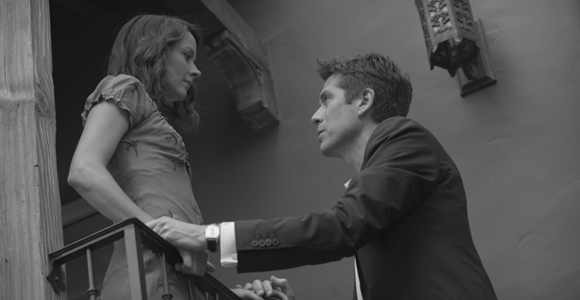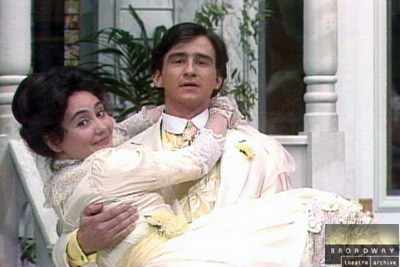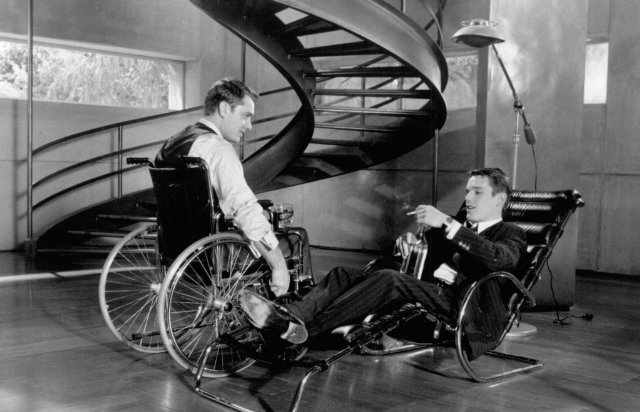I went to see Joss Whedon’s film version of Much Ado About Nothing, and enjoyed it a lot. It’s worth seeing, even if you think you would not be into Shakespeare. But I’m not writing this as a review of the movie. Instead, I want to pursue a lone of thought the film inspired.
Even though the play is about five hundred years old, there is something timeless about the story it tells. Love, misunderstandings, fidelity, these matters persist as part of human nature. Whedon set his production of Shakespeare’s play in modern times, and it works. Human nature does not change so much that a transplantation of setting wounds the emotional impact of the story.
The secret to this durability, of course, is that Shakespeare wrote about what is primal to human nature — our relationships.
Setting in time and space may affect our initial perception of a tale. Whedon’s version is set in a modern, urban landscape of wealth and power.
Branaugh’s is set in a pseudo-early 1800s, apparently.
The Joseph Papp stage production in the early 1970s looks Victorian.
And yet the story continues to have a similar impact on the audience.
So, how do writers achieve that sort of effect?
Blake Snyder used to urge writers to keep their stories “primal.” By that he meant that stories should be driven by basic human emotions first and foremost. Emotions are the first thing we bring into a story.
You may have a cool idea for a science fiction story set in some fantastical future. But if the story does not touch out basic emotional responses, the story will be an emotionally cool (as in “chilled”) one.
It is possible to combine “idea” driven stories, filled with intellectual concepts and yet be filled with emotional drives.
In Gattaca, we get a very “idea” story: a future world structured around manipulation of human genetics. It is so structured thusly that society has become divided between the “designed” upperclass and a disregarded, inferior “naturally conceived” underclass. this story could be cold and remote (it’s very style certainly seems so), but it is in fact driven by human passion. The main character, a product of a natural conception, wants to go into space, which happens to be a profession limited exclusively to the genetically designed. But going into space is something Our Hero wants to do more than anything. So he pushes himself, drives himself, far beyond the limits of what he is “supposed” to be capable of. By contrast the genetically designed characters turn out to be far too accepting of their designed boundaries. As humans, we respond to the drive to reach beyond limits. for generations, we have responded to strivers and dreamers and the call to be “something more.”
Human nature. Basic emotions. Being primal.
As storytellers, if we want our tales to have that durability, that evergreen quality, we need to be sure that the emotions of our stories hit those marks.
Write from your own passions. You are sure to share those passions with others. Ring the bell deeply, ring it true to your own emotions and it will likely hit the same strong, sure note with others, both now and in the future.




